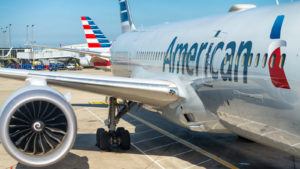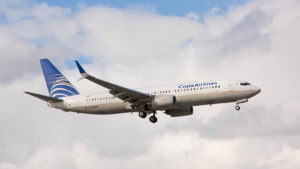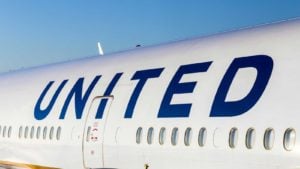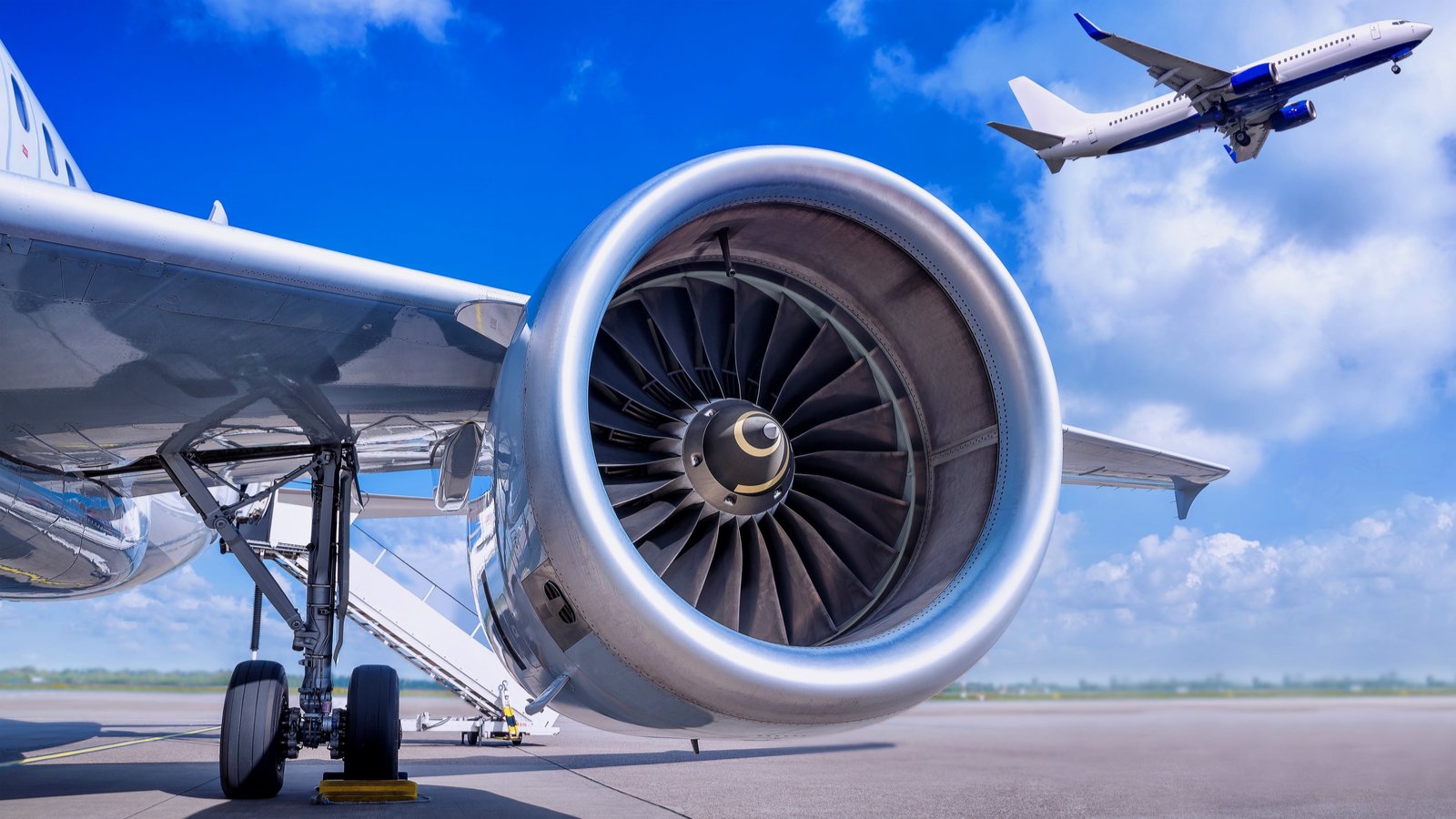The novel coronavirus pandemic dismantled the entire aviation ecosystem. By last April, domestic and international flights were down 70% and 80%, respectively. That had a huge impact on the fall of airline stocks.
Major airline companies implemented belt-tightening measures by furloughing staff, consolidating terminals and retiring parts of their fleet. However, with the Covid-19 vaccine’s recent approval, the industry can finally look towards a post-pandemic recovery.
The last few months saw airline stocks rallying following the approval of the vaccine. However, with little material change in bookings in the past few months, it appears that meaningful recovery is still way off.
Some companies have done better than others in handling the crisis. Though, it has to be said that the ones that did well have had a strong earnings track record with a robust balance sheet. Moreover, they have been proactive in controlling the cash burn and implementing safety measures to restore travelers’ confidence.
Let’s now look at some airline stocks that are the least promising in bouncing back from the pandemic’s effects.
Airline Stocks to Sell: American Airlines (AAL)

Shares of American Airlines are up 10% in the last month on the back of stimulus rumors and the ramp up in the Covid-19 vaccine distribution. However, that is just an eyewash to the sordid reality that the airliner faces this year.
AAL currently has the industry’s highest debt, and any additional debt burden could have it knocking on the doors of bankruptcy. AAL stock is down a whopping 35% in the last 12 months.
It recently reported its full-year results losing a record $8.9 billion in 2020. Fourth-quarter revenues of $4 billion were down 64% year-over-year. In CEO Doug Parker’s own words, “Our fourth-quarter financial results close out the most challenging year in our company’s history.”
Moreover, despite its best efforts, cash burn is still at a sizeable $30 million.
This year doesn’t look so pretty either, with the airliner expecting a 45% drop in capacity for the first quarter. Therefore, despite being a survivor, American lags behind its competitors, which are already in the early stages of recovery.
Copa Holdings (CPA)

Central American carrier Copa Holdings was in the midst of a resurgence before the pandemic undid all of its progress. Revenues tanked almost 98% year-over-year in the second quarter, with a loss per share of nearly $2.70.
On top of that, CPA stock is incredibly over-priced with a forward EV-sales ratio that exceeds the industry average by 160%. Hence, with so much discrepancy in its price and fundamentals, it is one of the most unattractive investments in the sector.
CPA’s most recent results paint a dark picture about the airliner’s immediate future. Total operating revenue was down 95% year-over-year with a load factor of just 59.6% compared to 85.6% in the same period last year. Moreover, its net loss widened sequentially to a negative EPS of $2.86.
Additionally, cash burn averaged at $36 million per month for the quarter, with takes its one-year debt growth rate above 2,000%. Fourth-quarter estimates point towards a slight recovery in earnings, but it appears that meaningful recovery is still way off.
United Airlines (UAL)

United Airlines was among the best-performing airliners before the pandemic weighed it down. It has done relatively well in managing its liquidity during the crisis, but its high capital expenditures are a thorn in its side.
It has one of the oldest mainline fleets among its peers and has in excess of $20 billion in capital expenditure commitments. UAL stock has taken a battering in the past year, with a 44% reduction in returns.
The company recently released its dismal fourth-quarter results. It swung to a $1.9 billion loss for the quarter, $641 million profit a year earlier. Revenues dropped almost 70%, to $3.41 billion, and fell short of analyst estimates of $3.44 billion. The airliner posted a massive net loss of $7.07 billion for the full year, its largest since 2005.
Moreover, United burned roughly $33 million a day on average during the fourth quarter, exceeding management expectations. For the first quarter of 2021, revenues are likely to come 65% to 70% lower than in 2019. The airliner believes that it should achieve pre-pandemic margins by 2023.
First-quarter revenue will likely come in 65% to 70% below 2019 levels, the airline said. Moreover, United burned about $33 million a day on average in the quarter, including debt and severance payments. United Airlines said it expects to surpass its pre-pandemic margins by 2023 but warned sales would suffer early this year as the Covid health crisis wears on.
On the date of publication, Muslim Farooque did not have (either directly or indirectly) any positions in the securities mentioned in this article.
